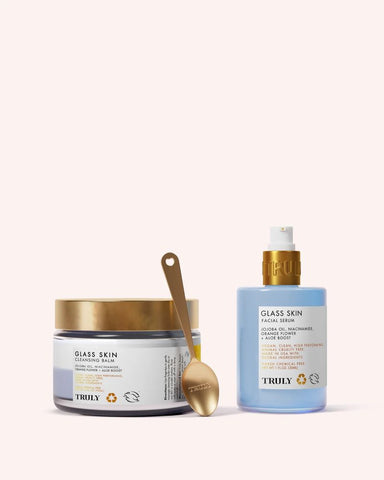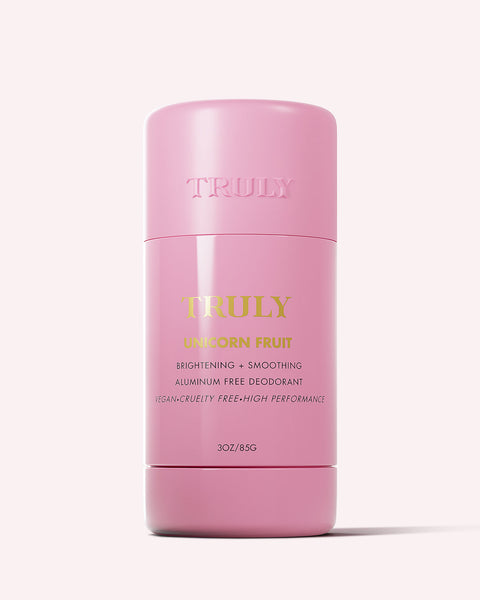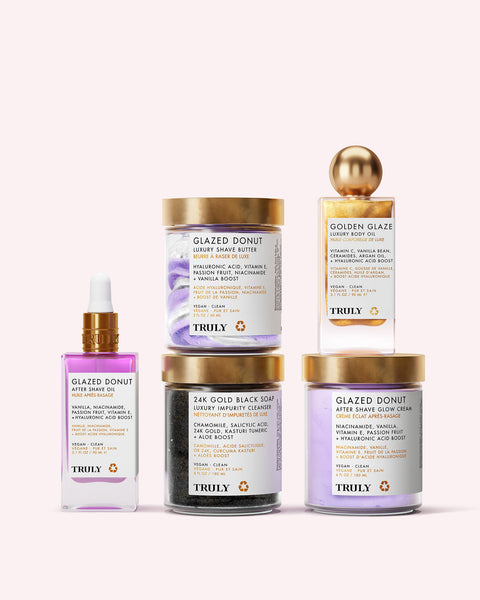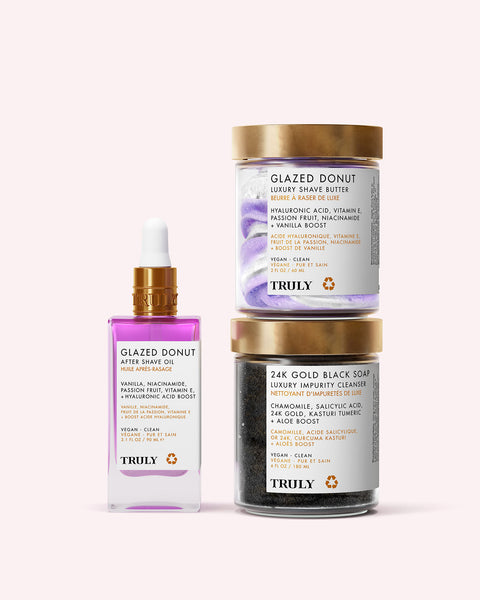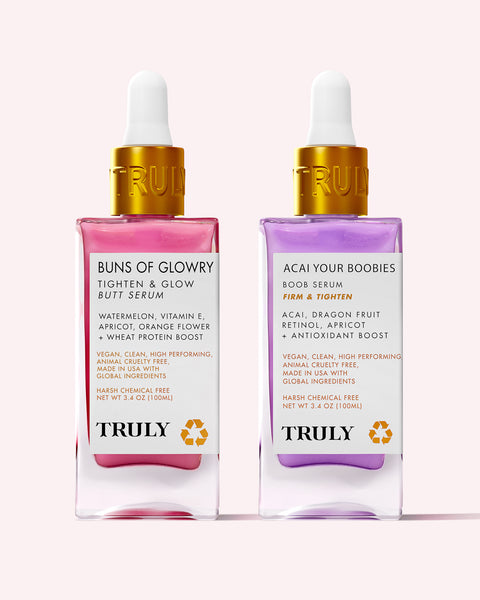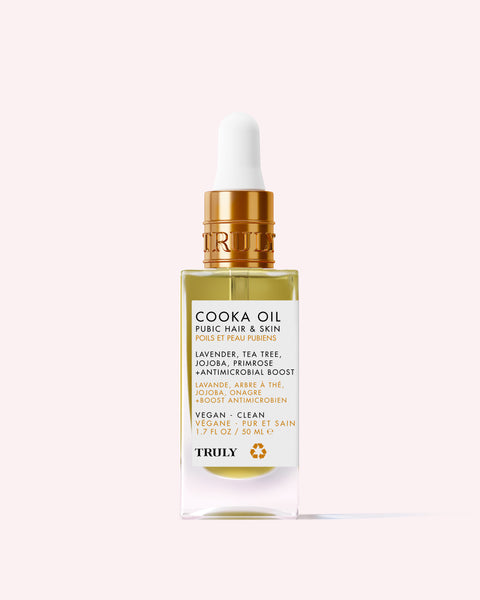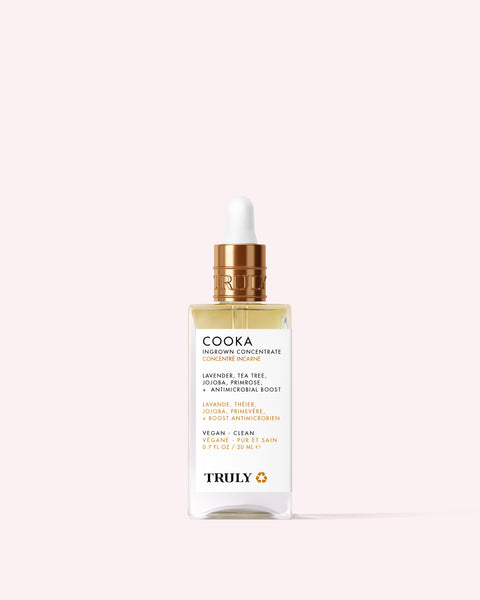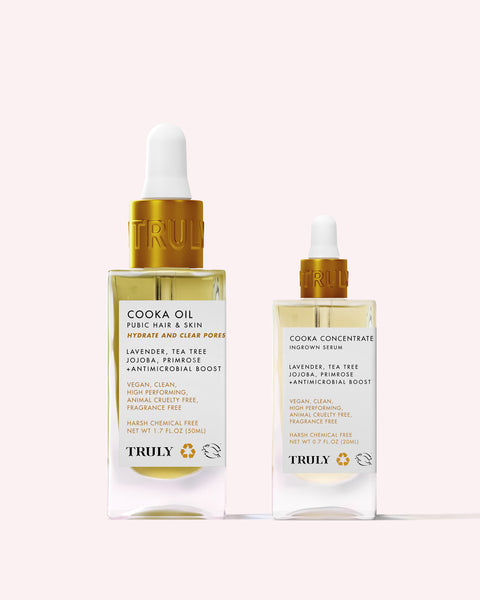Is Salicylic Acid Good for Sensitive Skin?

So you’ve heard it’s a powerhouse acne fighter, but is salicylic acid good for sensitive skin? If you have a combination of acne and sensitive skin, it can be tricky to find skincare products that address breakouts without leaving you red and irritated.
Since salicylic acid is one of the best acne-fighting ingredients out there, you can definitely expect a clearer complexion through using it. But how will your skin react to it?
Ahead, we show you whether this BHA is suitable for sensitive skin, and the best way to use salicylic acid for sensitive skin to avoid painful flareups.
What is Salicylic Acid?
Salicylic Acid is a beta hydroxy acid (BHA) derived from white willow bark. It’s an oil-soluble chemical exfoliant commonly used to clear acne. It penetrates deep into the pores to remove the buildup of dead skin cells, excess oil, and impurities. In doing so, salicylic acid helps to unclog pores and both clear and prevent blackheads, whiteheads, and blemishes.
Salicylic acid is one of the best acne treatments available and can be found in a range of skincare products, especially cleansers and toners. However, not all skin types can tolerate this potent skincare ingredient.
Is Salicylic Acid Good for Sensitive Skin?
Salicylic acid works deep within the pores—much deeper than alpha hydroxy acids (AHAs) like lactic and glycolic acid. In fact, this is one of the biggest benefits of salicylic acid. Because it penetrates deep, it cuts through oil and gunk to bring blemishes to the surface and unclog pores to prevent future breakouts.
While these actions make it a superb spot treatment, it can cause dryness and irritation in those with sensitive skin. According to dermatologists, salicylic acid is best suited for oily skin and acne-prone skin. If you have dry skin or sensitive skin, it’s best to use salicylic acid in moderation to avoid any unpleasant side effects like dryness, redness, and flaking.
That being said, you certainly don’t want to miss out on this BHA’s benefits when it comes to treating acne. And you don’t have to, as long as you use it correctly.
How to Use Salicylic Acid for Sensitive Skin
Even if you have sensitive skin, it doesn’t mean you shouldn’t use salicylic acid at all. You should definitely give it a go, but you need to use it properly in your skincare routine. Here’s some guidance on using salicylic acid for sensitive skin.
#1: Use a Low Percentage Salicylic Acid Cleanser
SHOP SALICYLIC ACID CLEANSER
Not all salicylic acid products are created equal. Instead of jumping into using a highly concentrated salicylic acid serum, choose a face wash or cleanser that’s formulated with salicylic acid—but doesn’t contain much of it.
The easiest way to tell? Look at a product’s ingredients list. If salicylic acid appears right at the top, it indicates there’s a high percentage of it in the product. If it’s further down on the list, that means the product contains a smaller amount of salicylic acid.
We recommend Truly’s 24K Gold Black Soap Impurity Cleanser. It absorbs pore-clogging sebum and sloughs away dead skin cells with a blend of black charcoal, African black soap, and a boost of salicylic acid.
#2: Apply a Hydrating Salicylic Acid Product
SHOP SALICYLIC ACID LOTION
Salicylic acid plays well with hydrating ingredients like shea butter and hyaluronic acid. Luckily, there are plenty of over-the-counter treatments that combine both BHA and hydrating ingredients to counteract any drying effects of the salicylic acid.
One of our favorites is Truly’s Dragon Milk Anti-Blemish Body Lotion. If you’re dealing with body acne and sensitive skin, this formula is a great choice. It unclogs pores and clears blemishes while supporting the skin barrier thanks to a blend of shea butter, squalane, and salicylic acid.
#3: Use on Affected Areas Only
Is salicylic acid good for very sensitive skin? The best way to use this acid if you have super sensitive skin is applying it on affected areas only. Simply apply your toner or serum to pimples rather than the whole of your face or body. This way, you won’t dry out or irritate the rest of your skin.
#4: Avoid Overusing Salicylic Acid
When using salicylic acid for sensitive skin types, it’s important to use it regularly but not too regularly. Ideally, you want to stick to using your salicylic acid product 2-3 times per week. If you still experience side effects of salicylic acid, limit use to just 1-2 times per week.
On the other hand, you may be able to use a BHA product every day or every other day if your skin reacts well to it and you’re combining it with other soothing, hydrating products.
#5: Don’t Skip Sunscreen
Sensitive skin requires extra protection from harsh UV rays. Apply a broad-spectrum sunscreen with SPF 30 or higher to protect your skin and avoid any sensitivities. To avoid clogging your pores and making acne worse, choose an oil-free formulation.
Try Truly’s Bodne Routine
SHOP SALICYLIC ACID ROUTINE
Got body acne? Truly’s Bodne Routine is a 5-step set featuring two cleansers, a serum, lotion, and pimple patches. It uses ingredients like salicylic acid, glycolic acid, niacinamide, and hydrocolloid to clear blemishes rapidly and prevent them from coming back.
In addition to clearing acne, this skincare regimen combats hyperpigmentation and uneven skin texture for a smoother, clearer look.
What is a Good Substitute for Salicylic Acid?
If you’ve followed all these steps and your skin is still freaking out when applying salicylic acid, it might be time to consider an alternative.
Lactic acid is a good alternative. Water-soluble and with a larger molecular size, this AHA doesn’t penetrate as deeply as salicylic acid, making it gentler on the skin. It works on the skin’s surface to clear acne rather than deep within the pores.
While salicylic acid is definitely the overall best option for acne-prone skin, lactic acid is a good alternative if your skin is super sensitive. It also promotes cell turnover to avoid future clogging and breakouts.
Too Sensitive for Salicylic Acid? Try Truly’s Glass Skin Set
SHOP GLASS SKIN SET
If your skin and acids just don’t get along, consider a gentler alternative. Truly’s Glass Skin Set is a 2-step routine that decongests pores and clarifies blemishes with a delicate blend of jojoba oil, niacinamide, and probiotics.
Together, these ingredients help balance oil production, refine pores, and strengthen the skin barrier to promote clear, radiant skin. It’s the best, most gentlest routine for sensitive skin types dealing with acne.
Should You Use Salicylic Acid if You Have Sensitive Skin?
You can still use salicylic acid if you have sensitive skin. However, you do need to use it correctly to avoid irritating your skin. Salicylic acid is an oil-soluble ingredient that penetrates deep into the pores to eliminate excess sebum and dead skin, helping to clear acne. Since it’s incredibly potent, sensitive skin types can experience irritation when using it.
Is salicylic acid good for sensitive skin? It’s definitely a great ingredient for clearing acne. If you have sensitive skin, make sure you’re using products with a low percentage of salicylic acid and other soothing, hydrating ingredients to counteract any irritating effects of this BHA.





